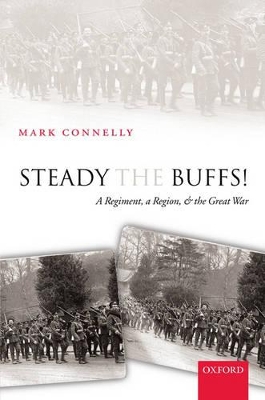This book fully revises standard regimental history by establishing the framework and background to the regiment's role in the Great War. It tests the current theories about the British army in the war and some of the conclusions of modern military historians. In recent years a fascinating reassessment of the combat performance of the British Army in the Great War has stressed the fact that the British Army ascended a 'learning curve' during the conflict resulting in
a modern military machine of awesome power. Research carried out thus far has been on a grand scale with very few examinations of smaller units. This study of the battalion of the Buffs has tested these theoretical ideas. The central questions addressed in this study are:
* The factors that dominated the officer-man relationship during the war.
* How identity and combat efficiency was maintained in the light of heavy casualties.
* The relative importance of individual characters to the efficiency of a battalion as opposed to the 'managerial structures' of the BEF.
* The importance of brigade and division to the performance of a battalion.
* The effective understanding and deployment of new weapons.
* The reactions of individual men to the trials of war.
* The personal and private reactions of the soldiers' communities in Kent.
Using previously uncovered material, this book adds a significant new chapter to our understanding of the British army on the Western Front, and the way its home community in East Kent reacted to experience. It reveals the way in which the regiment adjusted to the shock of modern warfare, and the bloody learning curve the Buffs ascended as they shared the British Expeditionary Force's march towards final victory.
- ISBN10 0199278601
- ISBN13 9780199278602
- Publish Date 30 November 2006
- Publish Status Active
- Publish Country GB
- Imprint Oxford University Press
- Format Hardcover
- Pages 296
- Language English
